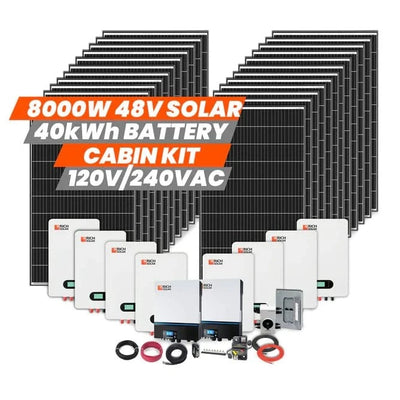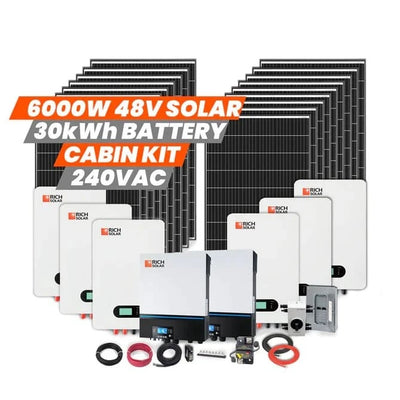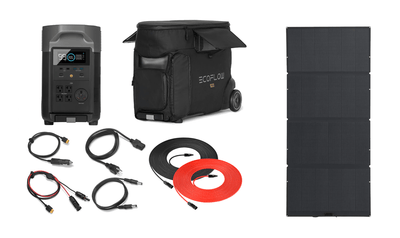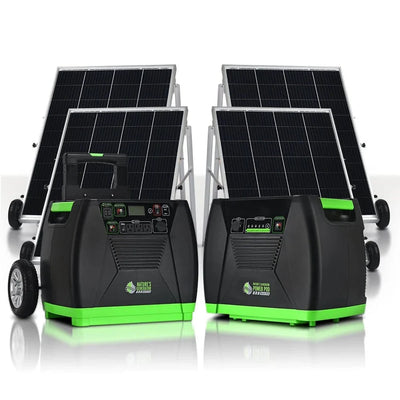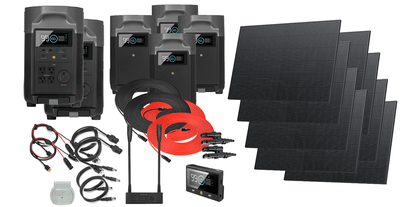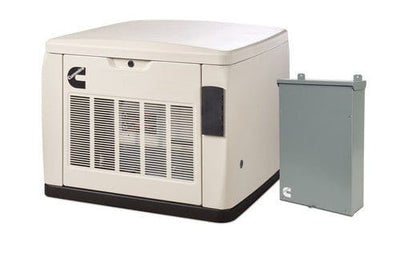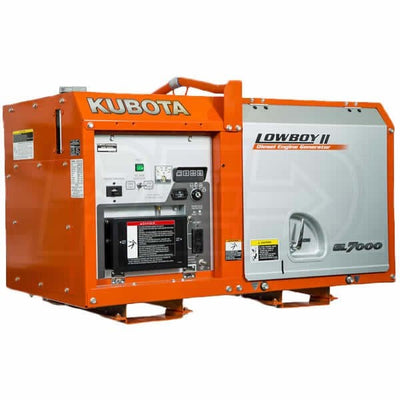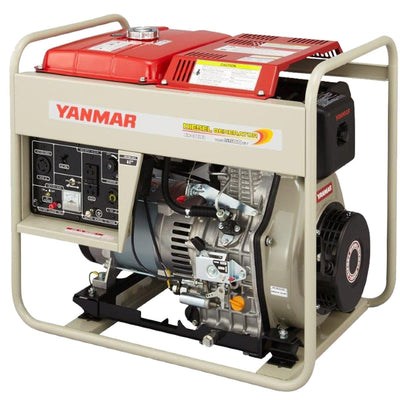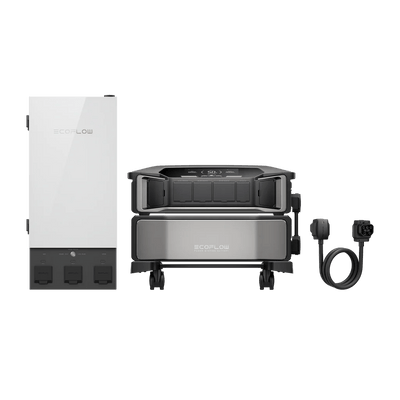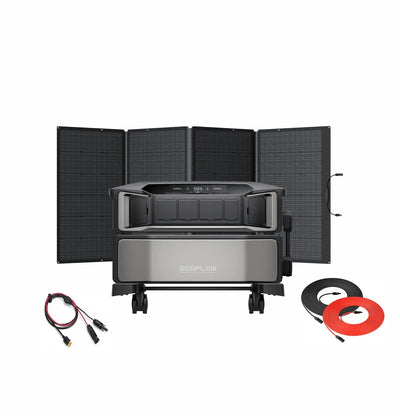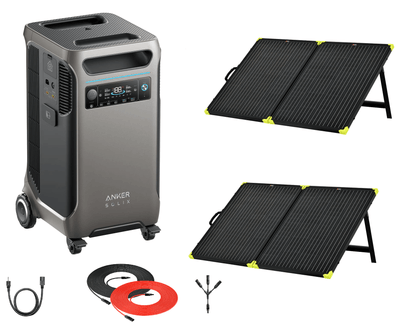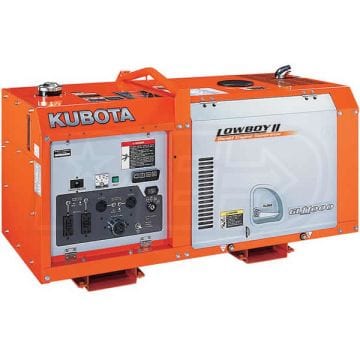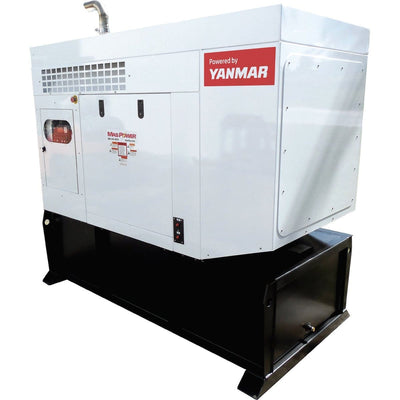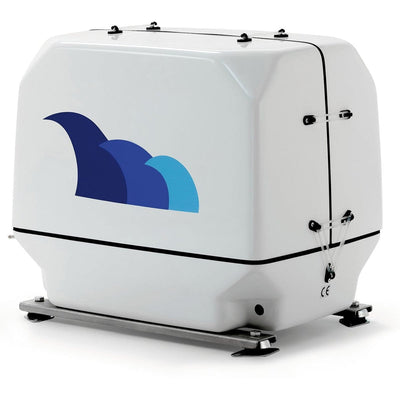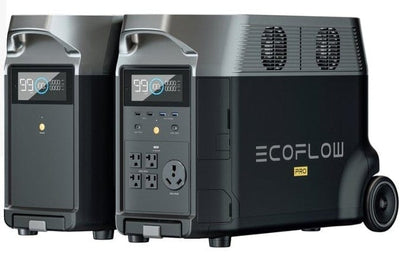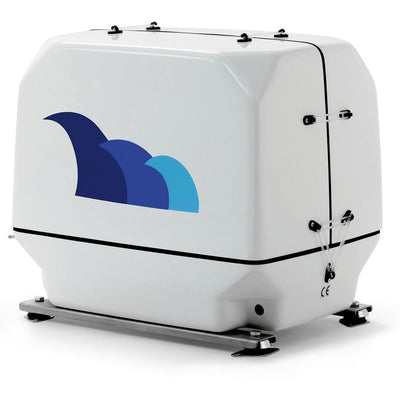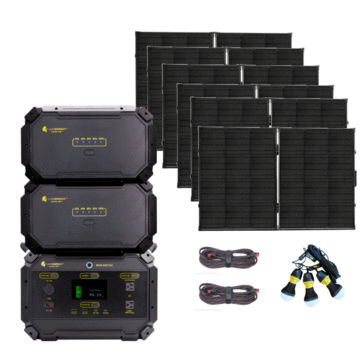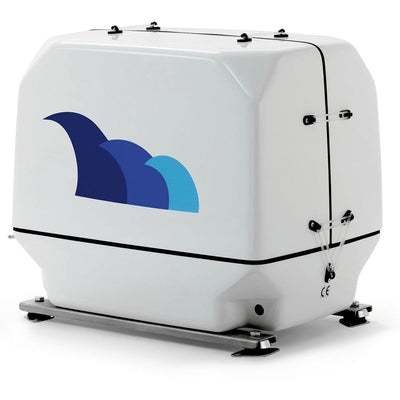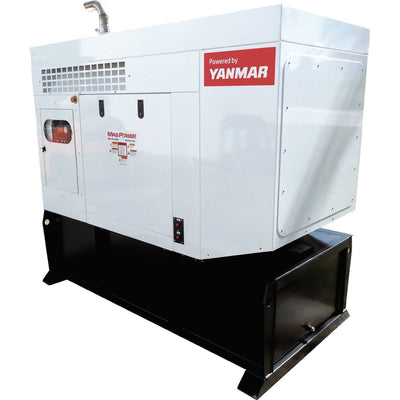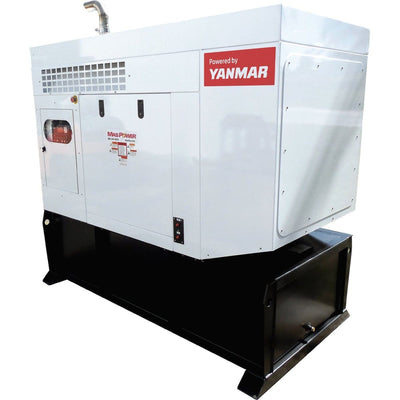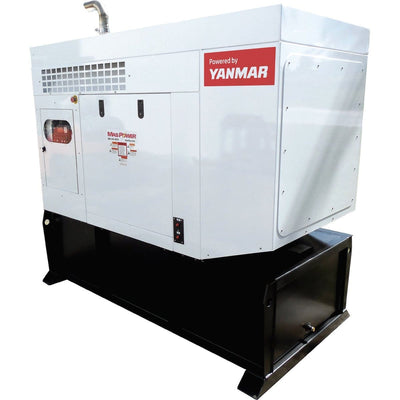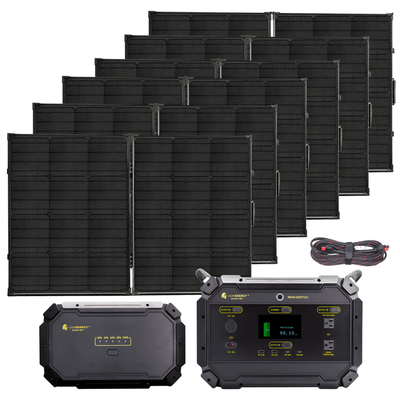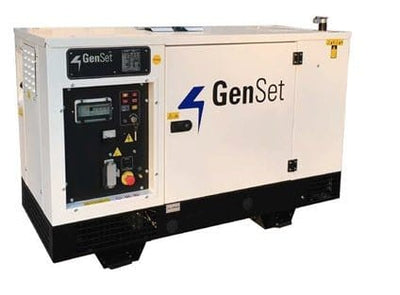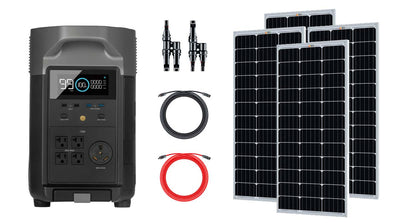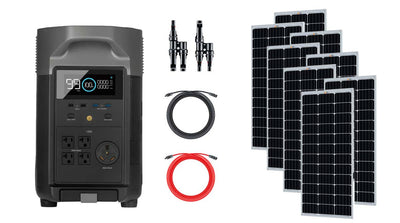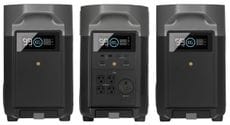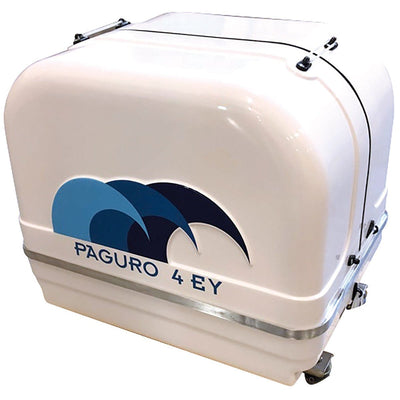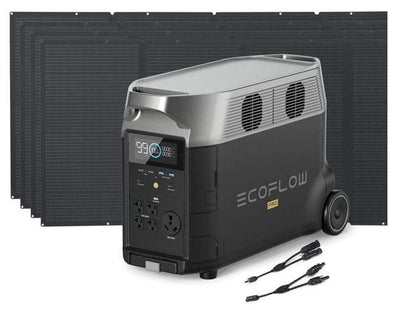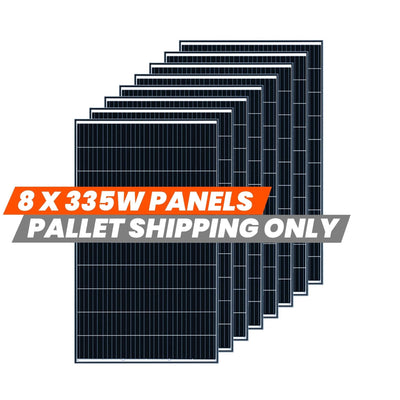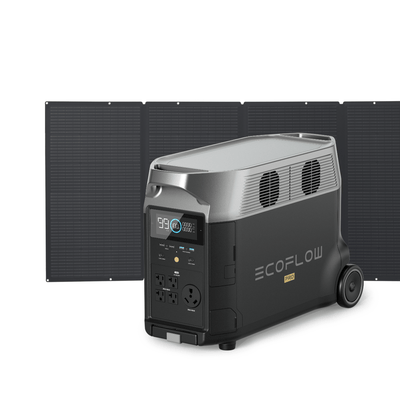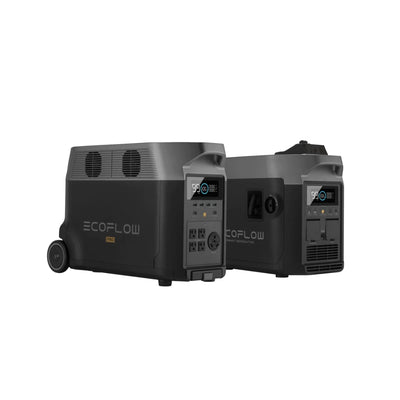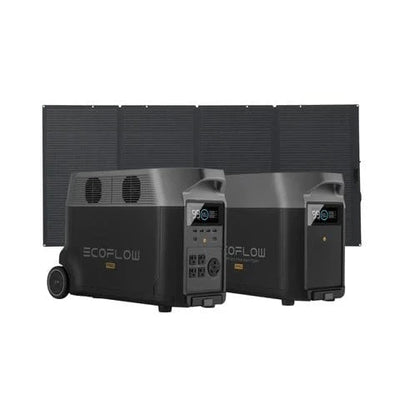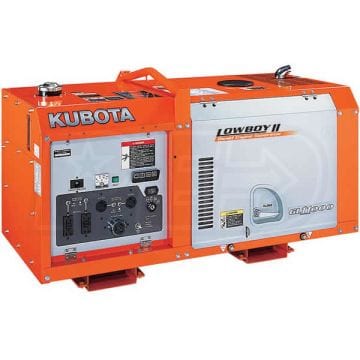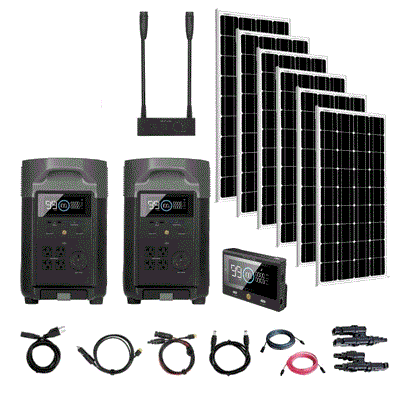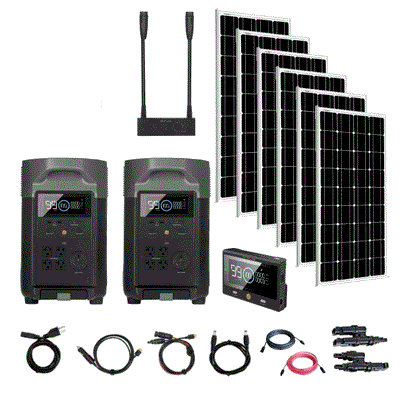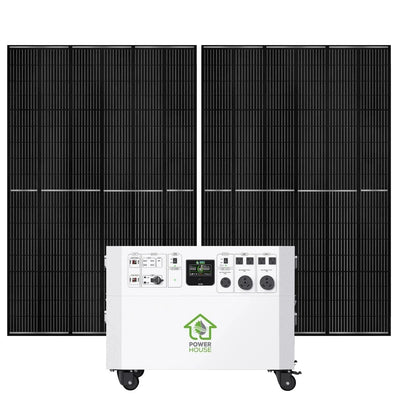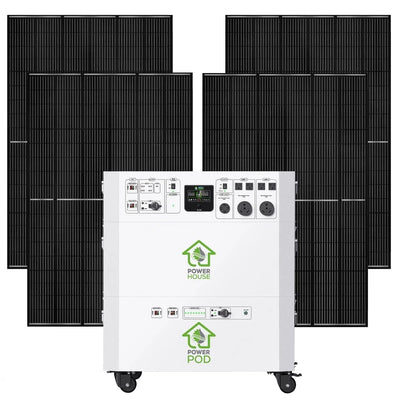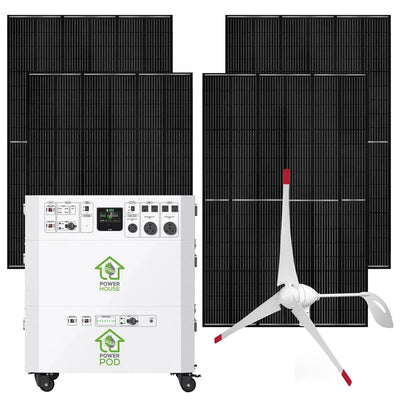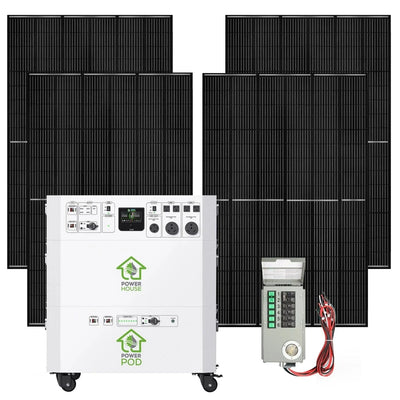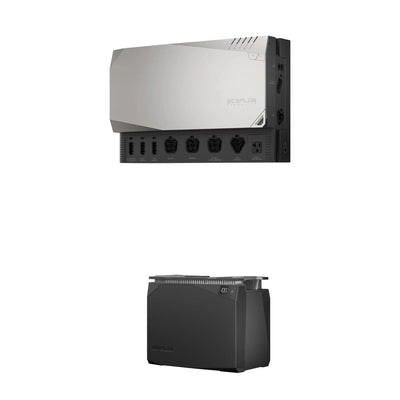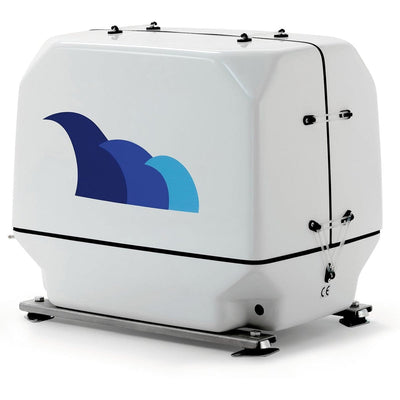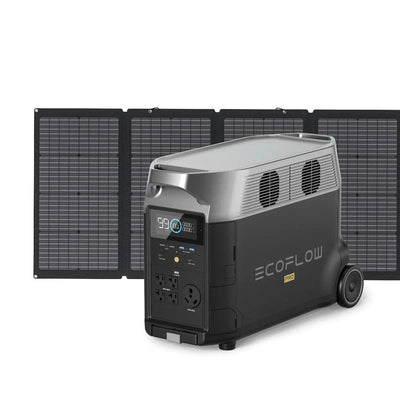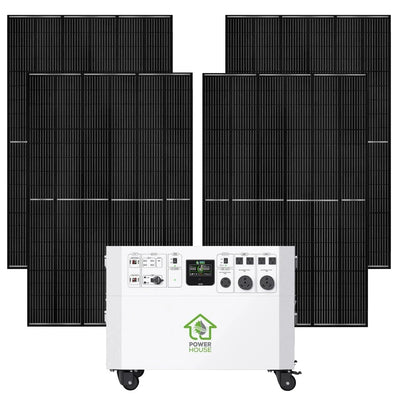Federal Tax Credit for Solar Generators
-
The U.S. federal income tax credit under Section 25D of the Internal Revenue Code <https://uscode.house.gov/view.xhtml?req=granuleid:USC-prelim-title26-section25D&num=0&edition=prelim>, also known as the Residential Clean Energy Credit, is a nonrefundable credit that equals up to 30% of the cost of new, qualified clean energy property for private residences. Under current law, this credit is set to phase out beginning in 2033 and to terminate after the end of 2034. The Residential Clean Energy Credit was recently expanded to include qualified battery storage technology expenditures. The law defines a “qualified battery storage technology expenditure” as an expenditure for battery storage technology that has a capacity of not less than 3 kWh and is installed in connection with a dwelling unit located in the United States and used as a residence by the taxpayer. There is limited published guidance available from the Internal Revenue Service (IRS) about the details of what may constitute a qualified battery storage technology expenditure. For example, it is not yet clear what constitutes a “battery storage technology,” nor what it means for a battery storage technology to be “installed” in connection with a home (Home Battery Backup Power Solution). Certain other clean energy technologies continue to be covered by the Residential Clean Energy Credit as well, including, for example, qualified solar electric property expenditures. We encourage you to explore the Residential Clean Energy Credit, and whether it may apply to you, further on the IRS website here: Residential Clean Energy Credit <https://www.irs.gov/credits-deductions/residential-clean-energy-credit>.
-
Disclaimer: This page was last updated on Jan 9th, 2024. We are providing the above information solely for educational purposes. Nothing on this page should be construed as constituting legal or tax advice. We can provide no guarantees, assurances, or representations that tax credits, deductions, or other similar benefits may be available with respect to or in connection with any of our products. We encourage you to do your own diligence and consult with your own tax advisor regarding your tax situation and the potential applicability to you of tax credits, deductions, or other similar benefits.






